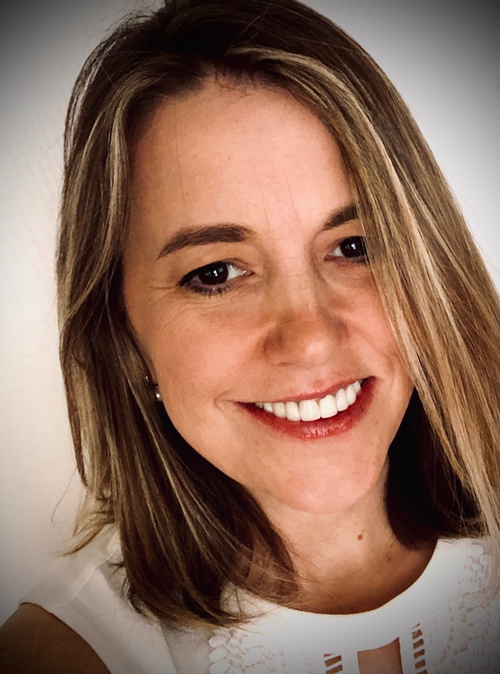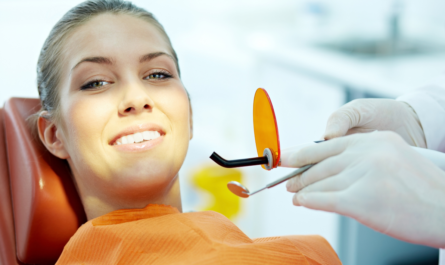DSOs continue to present new opportunities for hygienists.
The dental industry has been a hub of growth these past couple of decades. Shaped by new diagnostic tools and therapies, as well as the growth of dental service organizations, dentistry places more and more demands on clinicians – hygienists included. Once considered the masters of pick and polish, hygienists have kept pace with these changes, taking on more and more responsibility, while taking advantage of efficiencies afforded by new and better technology.
“Today, we have so many new diagnostic tools, therapies and knowledge at our disposal that we didn’t have 10 or 20 years ago,” says Andrea Kowalczyk, RDH, BS, lead talent acquisition partner for a leading DSO. “While we have taken on more responsibility as we’ve adopted these new technologies, some of these tools have enabled us to save time and effort.” Successful hygienists must be trained on such technologies as laser, intra-oral cameras and digital diagnostic tools, she points out.
In many cases, hygienists have moved to DSOs, which support the training and education necessary to adopt new technology, she says. But, even when the move has been less than intentional – for instance, when private practices are sold to DSOs – the transition can be positive for hygienists who are open to change.
Resources and education
In Kowalczyk’s experience, hygienists working in a DSO setting have career-building opportunities that those in the private sector sometimes lack. “DSO’s often have access to resources and new product education, which a smaller practice may not have,” she explains. “Some DSOs use proprietary software, which has been created especially for them and often is more robust to software available to private offices.
“Within some of our groups, hygiene committees have been created that include clinical hygienists who treat patients with new products and therapies, and then evaluate them for future use,” Kowalczyk continues. “It’s a great way to be involved.”
Furthermore, DSOs emphasize infection control throughout the organization, she notes. “Many of our groups employ quality assurance officers who ensure the entire dental team complies with OSHA guidelines,” she says. “Since those guidelines are always evolving, we rely on these officers to keep us abreast of important changes. Our hygiene trainers and mentors, as well as other professionals, ensure all of our hygienists follow clinical guidelines in order to provide great and safe care.”
Because hygienists employed by DSOs have an opportunity to work with so many professionals, including recruiters, marketing specialists, infection control specialists, etc., they often go on to fill these positions at their organization, Kowalczyk points out. These are opportunities they may miss out on in private practices, she adds.





